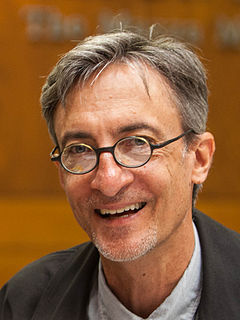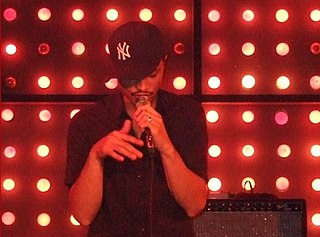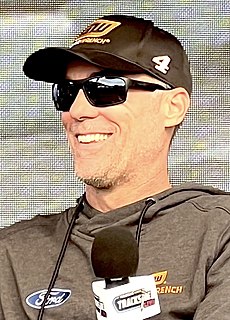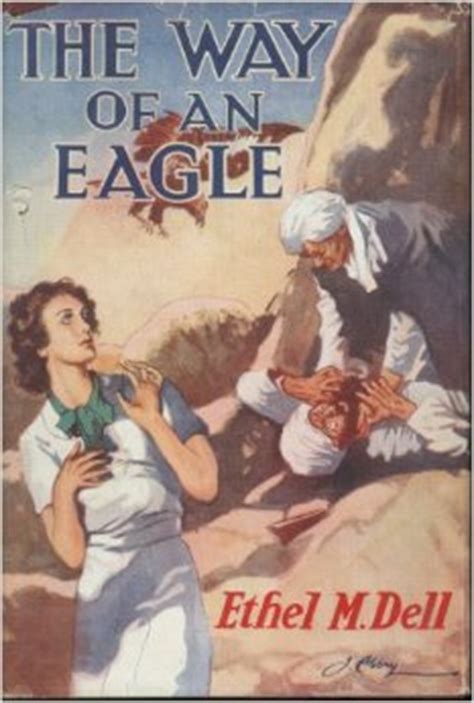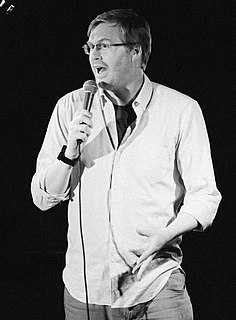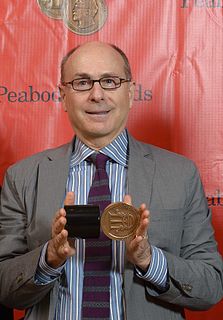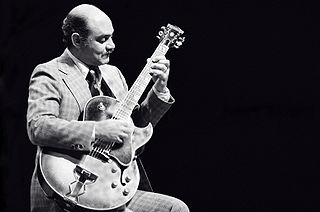A Quote by Chris Raschka
When I present the Charlie Parker book, I do a call and response that works quite well. With the Thelonious Monk book, I play the music and work with kids in a group to create a color wheel and show how the wheel can be mapped on a 12-tone chromatic scale.
Related Quotes
I turn my eyes to the schools & universities of Europe And there behold the loom of Locke whose woof rages dire, Washed by the water-wheels of Newton. Black the cloth In heavy wreaths folds over every nation; cruel works Of many wheels I view, wheel without wheel, with cogs tyrannic Moving by compulsion each other: not as those in Eden, which Wheel within wheel in freedom revolve, in harmony & peace.
[Charlie "Bird" Parker] would sit down and ask [Phil Wood], "What do you think about this whole secondary Viennese school with Schoenberg, Berg and Webern? Are you listening to that music and what do you feel about it?" These were the conversations that he was having. And he also said, what he learned from Charlie Parker was, not that he studied with him in the formal sense, is that the first thing that Charlie Parker would always ask was, "Did you eat today?".
Bop began with Jazz but one afternoon somewhere on a sidewalk maybe 1939, 1940, Dizzy Gillespie or Charlie Parker or Thelonious Monk was walking past a men's clothing store on 42nd Street or South Main in L.A. and from a loudspeaker they suddenly heard a wild impossible mistake in jazz that could only have been heard inside their own imaginary head, and that is a new art. Bop.
Before Dream Theater took off I used to teach a lot, and one of the things my students often asked me was how to apply the chromatic scale to practical playing situations. You see, their other teachers would give them chromatic warm-up exercises without providing any explanation of how important and versatile this scale actually is.
Black music has always known, and not been afraid to acknowledge just how high the stakes of Black thought are. To summarize the final soliloquy of Clay, the protagonist in LeRoi Jones’ (aka Amiri Baraka’s) play Dutchman. You’d better be glad Charlie Parker could play him some horn and Bessie Smith could sing, because if they didn’t make music they might murder you. One would be hard pressed to find another group of people on this planet whose music is a surrogate for murder. One would be hard pressed to another group of people on this planet whose life is a proxy for death.
My father would say, 'Play a scale,' and I'd play one and he'd say, 'What about the rest? There must be one above,' so we'd figure them out. I'd start the scale on the root of the chord and I'd go as far as my hand would reach without going out of position, say, five frets, and then I'd go all the way back. So when ! practised I'd start right away on scales. As well as the usual ones, I'd play whole tone scales, diminished, dominant sevenths, and chromatic scales. Every chord form, all the way up, and this took an hour.
